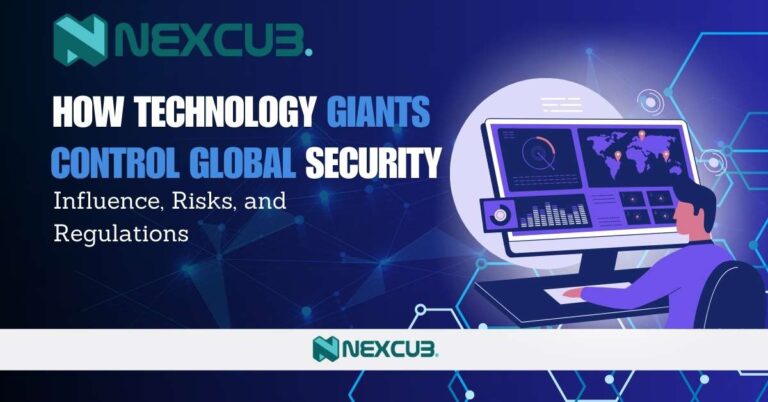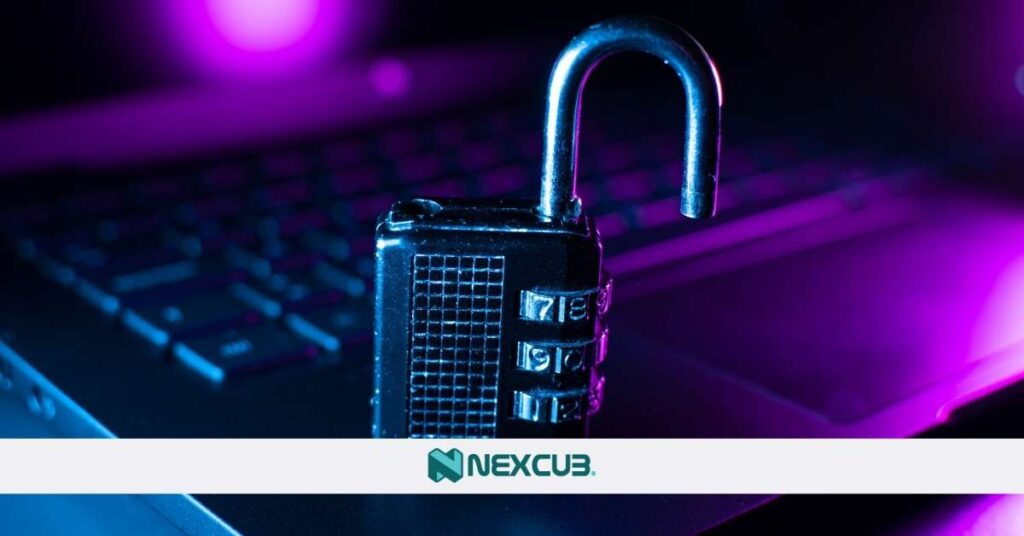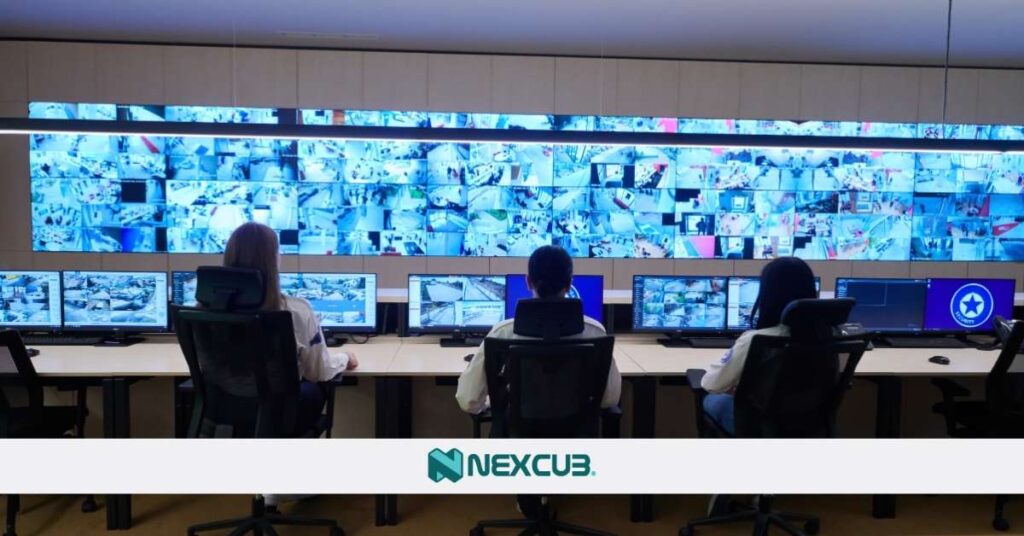Our Location
304 North Cardinal St.
Dorchester Center, MA 02124

Technology giants like Google, Amazon, and Microsoft are no longer just companies they are the backbone of global security. From safeguarding sensitive data to developing cutting-edge cybersecurity tools, their influence touches every corner of the digital world. But this control also raises questions about privacy, accountability, and trust. Do we truly understand how deeply these companies shape our safety?
The way technology giants control global security impacts not only governments but also everyday people like you. Are we prepared for a future where Big Tech holds so much power?
The role of technology giants in global security has evolved dramatically over the past few decades. Early on, companies focused on innovation and consumer tools. However, as digital threats like cyberattacks and data breaches grew, these tech giants offered advanced cybersecurity solutions.
Today, firms like Microsoft, Amazon, and Google partner with governments to develop AI-driven defenses, secure cloud infrastructure, and sophisticated monitoring systems.
This shift has placed Big Tech at the heart of global security efforts, making them indispensable for protecting national and personal interests
The rise of technology giants like Google, Amazon, and Microsoft has reshaped global industries. With vast resources and innovative tools, they dominate sectors like cloud computing, cybersecurity, and data management, exerting significant influence over the economy and global security, raising concerns about privacy and control.
The rise of technology giants began in the late 20th century with companies like Microsoft and IBM revolutionizing the tech landscape.
By the early 2000s, firms like Google, Amazon, and Apple entered the scene, introducing innovations that reshaped how the world interacts with technology. Their focus shifted from creating tools for consumers to developing systems that power global infrastructures.

These companies now dominate industries like cloud computing, artificial intelligence, and cybersecurity. Amazon’s AWS powers critical applications for governments and businesses alike, while Google’s search algorithms control vast amounts of data flow.
The shift to digital economies has cemented the role of technology giants as key players in innovation and protection.
Over time, tech giants moved beyond commerce, becoming integral to global security. Their partnerships with governments and intelligence agencies have given them unprecedented power to influence global defense strategies. From combating cyber threats to managing sensitive data, the rise of technology giants has placed them at the forefront of opportunity and controversy.
This rapid ascent shows how these companies have transcended traditional roles, shaping global security in unforeseen ways.
Technology giants control global security through their influence in data security, cybersecurity, and surveillance.
By managing sensitive data, providing cybersecurity tools, and facilitating mass surveillance, companies like Google, Amazon, and Microsoft shape how nations protect themselves against threats, raising concerns over privacy and centralized power.

Technology giants like Google, Microsoft, and Amazon play a crucial role in protecting sensitive data globally. Their cloud platforms manage personal, corporate, and governmental information with advanced encryption and AI-driven monitoring.
By acting as the gatekeepers of critical data, they ensure safety from breaches and unauthorized access. However, the immense control these companies wield raises concerns about transparency and ownership, making data security both a strength and a potential risk.
In the battle against rising cyber threats, Big Tech dominates global cybersecurity efforts. Microsoft, Amazon, and others develop cutting-edge tools to defend against ransomware attacks, hacking attempts, and state-sponsored intrusions.
Their services are integral to protecting critical infrastructure for nations and industries alike. Yet, the reliance on these corporations underscores the risk of centralized power in global cybersecurity systems.
The role of technology giants in surveillance is significant. Platforms like Facebook and Google collaborate with governments to provide data for monitoring and threat detection.
While such partnerships enhance national security, they ignite debates about privacy violations and the ethical limits of surveillance, with Big Tech’s influence extending far into personal lives.
As technology giants control global security, ethical concerns are growing. Their influence stretches across data management, cybersecurity, and surveillance, yet this power often comes with little regulation.

While their tools protect against cyberattacks and threats, they also raise questions about transparency and trust. How much control should private corporations have over the safety of nations and individuals? This question underscores the ethical dilemmas tied to their expanding role.
Technology giants help safeguard against global threats, but their methods can easily cross into mass surveillance. Advanced systems that prevent attacks are also used to track individuals and collect personal data often without clear consent.
This raises concerns about privacy and civil liberties. Are these practices making us safer or simply eroding our freedoms? Balancing security and privacy remains a critical challenge.
When Big Tech controls global security, accountability becomes murky. Limited oversight means companies often escape responsibility for breaches or misuse of data. This lack of transparency raises doubts about whether they prioritize public safety or their interests, leaving the world vulnerable to unchecked corporate power.
Technology giants like Google and Microsoft heavily influence global security policies by advising governments on cybersecurity strategies and data protection laws. Their tools set industry standards, impacting international security practices.
While they enhance protection, their involvement raises concerns over the concentration of power and its impact on public policy.

Technology giants like Google, Microsoft, and Amazon play a major role in shaping global security policies. Their partnerships with governments and international organizations allow them to advise on laws and strategies to address cyber threats.
These corporations influence everything from data protection regulations to international cybersecurity agreements, making their input vital yet controversial. Critics argue this power gives Big Tech too much sway over public policy, often prioritizing corporate interests.
Big Tech companies set the benchmark for cybersecurity standards through their tools and technologies. They develop advanced encryption, authentication systems, and AI-driven defenses that other industries adopt. By doing so, they dictate how cybersecurity evolves worldwide.
However, their dominance can also stifle competition, as smaller players struggle to meet the standards set by these tech behemoths.
Tech giants’ involvement in global security practices extends to providing infrastructure for critical systems. Cloud platforms, AI monitoring tools, and real-time threat detection services are essential in national defense strategies, highlighting their indispensable role in shaping how the world handles security threats.
Also Read: Core App Dashboard: Boost Security & Optimize Performance
Technology giants control global security through their influence in data security, cybersecurity, and surveillance. By managing sensitive data, providing cybersecurity tools, and facilitating mass surveillance, companies like Google, Amazon, and Microsoft shape how nations protect themselves against threats, raising concerns over privacy and centralized power.
Technology giants influence global security by providing essential tools for cybersecurity, managing sensitive data, and enabling surveillance systems that protect against threats while raising privacy concerns.
The risks include potential misuse of data, lack of accountability, and the concentration of too much power in the hands of a few corporations, threatening privacy and transparency.
While they play a key role in securing systems, technology giants often face limited accountability when breaches occur, leaving questions about responsibility unanswered.
Governments can regulate Big Tech by implementing stricter laws on data privacy, ensuring transparency, and promoting oversight to balance security and civil liberties.